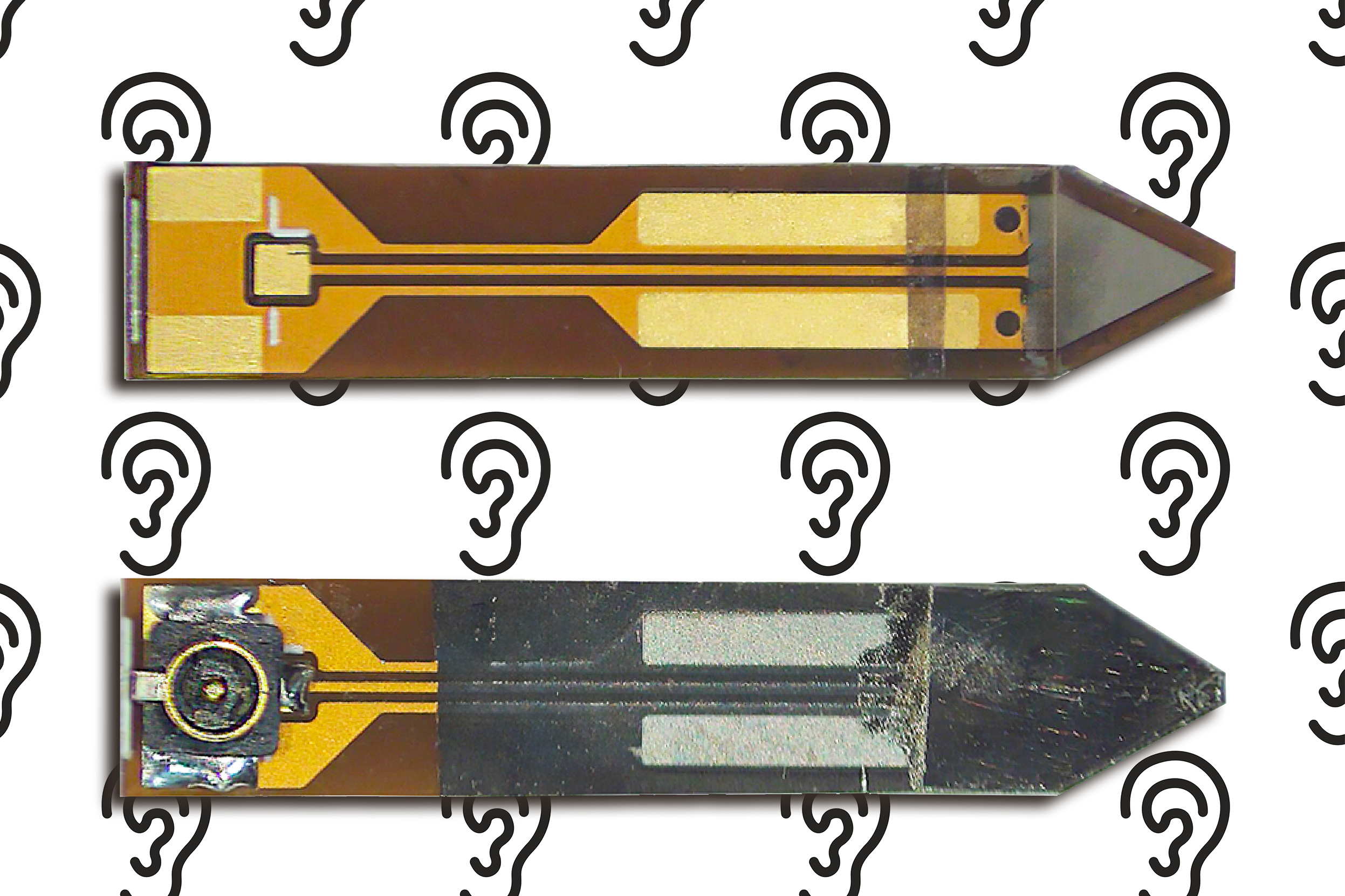
Cochlear implants, tiny electronic devices that can provide a sense of sound to people who are deaf or hard of hearing, have helped improve hearing for more than a million people worldwide, according to the National Institutes of Health.However, cochlear implants today are only partially implanted, and they rely on external hardware that typically sits on the side of the head. These components restrict users, who can’t, for instance, swim, exercise, or sleep while wearing the external unit, and they may cause others to forgo the implant altogether.On the way…



